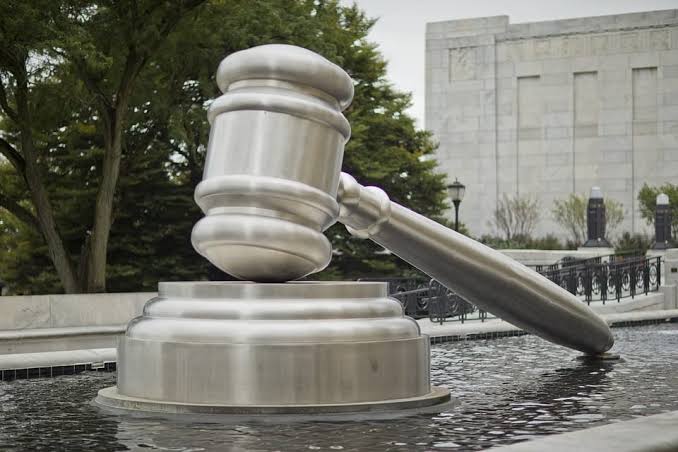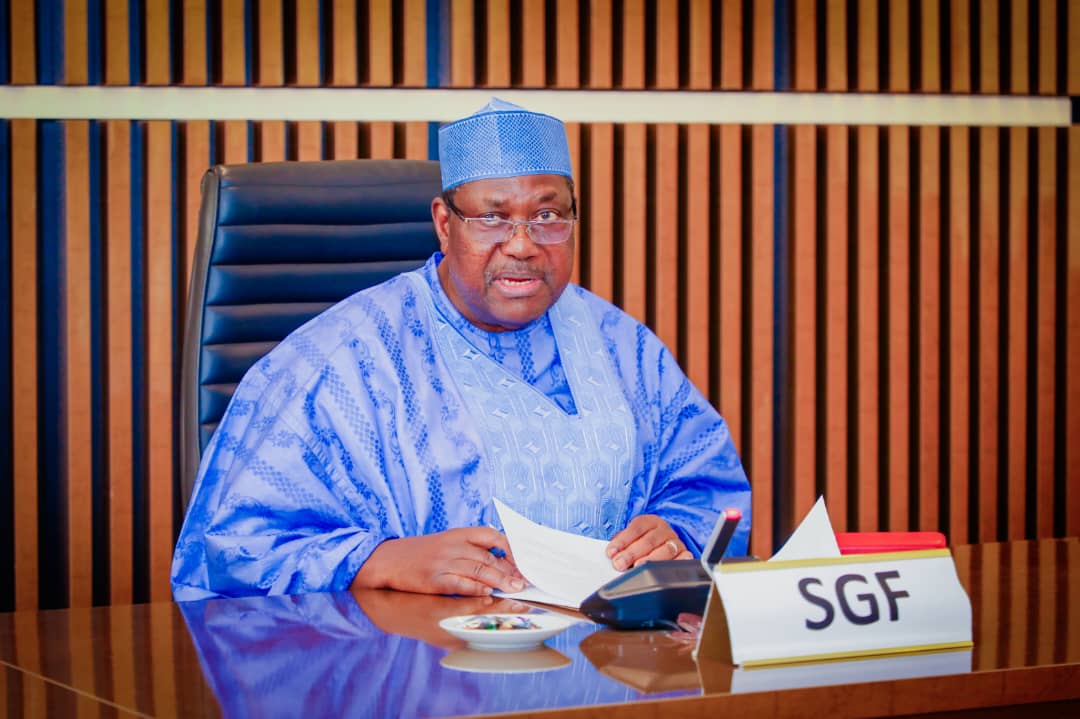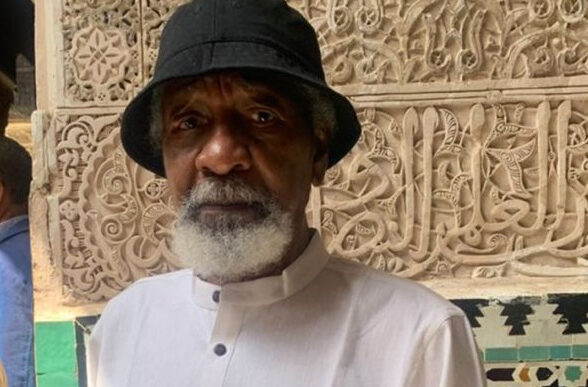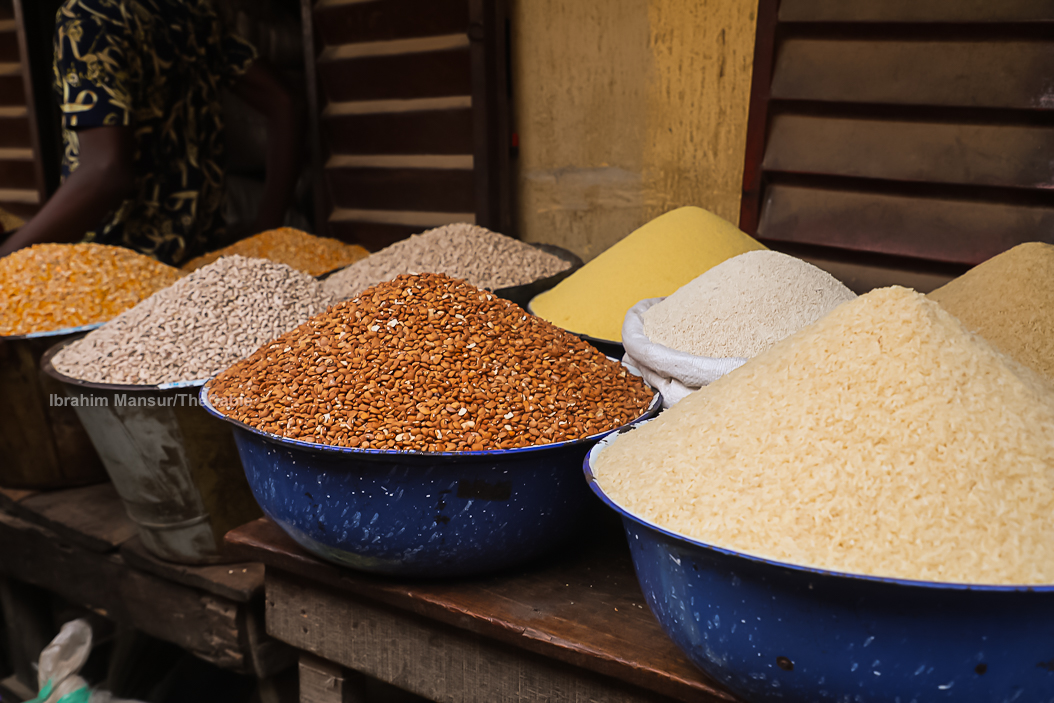Grand corruption, the abuse of power by high-ranking officials to benefit a few private interests at the expense of the public, has stalled economic growth and stymied development in many parts of the world. The effects are particularly devastating in developing countries, such as many of those in Africa, Asia, and Latin America, where the GDP is often significantly lower than in the developed world.
Speaking at a global forum on Corruption in Doha, Qatar in 2009, Eric H. Holder, US Attorney General remarked that corruption “strikes hardest at the poor and vulnerable, siphoning scarce resources away from those most in need. (It) advances the selfish interests of a dishonest few over the interests of the great many who work hard and obey the law and our common traditions.”
Many attempts have been made to address this serious threat to global economic health, but the challenge has proved stubborn and seemingly intractable.
Most African countries have strict laws prohibiting aspects of corruption, including bribery, embezzlement, misappropriation, and money laundering, with stringent punishments for violation, but they are either not being enforced or only enforced half-heartedly, either because of institutional incapacity or a lack of political will.
Advertisement
Virtually every African country is among the 190 parties signed up to the UN Convention against Corruption (UNCAC). Despite these measures, corruption remains perhaps the single most significant obstacle to Africa’s economic growth and development, keeping its people burdened by high unemployment and mired in poverty. It has certainly delayed Africa’s transformation into a more modern continent, where the young can aspire to the same standards of life as their contemporaries elsewhere.
There is no doubt that if grand corruption were brought under control in Africa, the continent would not require as much foreign aid from the developed world, and the aid it currently receives would yield significantly more benefits for its people. In fact, illicit financial outflows from Africa dwarf the total international assistance inflows (including both development and military aid) to Africa, essentially making Africa a net creditor to the rest of the world.
Without high levels of corruption, foreign and local investments in Africa’s economy would considerably increase, unemployment would be significantly reduced, and poverty would become much less prevalent.
Advertisement
The International Anti-Corruption Court (IACC) as an antidote
The International Anti-Corruption Court (IACC) promises to be the game changer. It is an initiative of a global organisation called Integrity Initiatives International (III), Triple I for short. It will act both as a deterrent and a punishment. It will greatly reduce incidents of grand corruption throughout the world, and particularly in Africa. As we commemorate the 2024 African Union Anti-corruption Day (July 11, 2024), we call for the urgent establishment of such a court.
A concern is that some of the same leaders who should be eager to rid their countries of corruption and push for their countries to be signatories to the IACC treaty might themselves be implicated in grand corruption. They may use their power and influence to delay and disrupt efforts to hold corrupt officials – possibly including themselves – to account.
Another worry is that the IACC might erode the sovereignty of nations, that a supranational body with jurisdiction over acts committed in independent jurisdictions may unfairly target Africans, while letting other implicated persons from or in developed countries off the hook.
These concerns must be addressed by the treaty establishing the court. Under the IACC charter, every country and individual shall be treated equally under the law, irrespective of status or size. The court will not only prosecute high- level public officials wherever they may be, but it will also hold their co-conspirators accountable.
The AU must campaign to mobilise the support of its members for the establishment of the IACC. The engagement must be robust and comprehensive from the top down and from the bottom up, targeting both leaders and followers alike. Everyone needs to understand what the court stands for and how the world stands to benefit from its establishment.
Advertisement
When established, the IACC will ensure that both those who give and those who take bribes are held to account. It will ensure that countries within and outside Africa which cannot pursue, prosecute and jail offenders are helped to build their internal capability to address corruption. And those from countries that have received proceeds of corruption, that pay bribes and launder money, will be brought to book. They will be forced to refund stolen money to the countries from where they were looted. When there is no hiding place for corrupt officials and their accomplices, there will be little incentive to engage in corruption. If only a fraction of the funds lost to corruption is put back into the African economy, the effects on growth and development will be phenomenal.
The IACC will also help to strengthen legal institutions and enforcement capacity in those countries that sign up to its treaty. In turn, incidents of public malfeasance will be substantially reduced, discouraging further abuses. IACC support in independent jurisdictions will also significantly reduce the number of cases that would otherwise be brought before it.
Mobilising support for IACC
To make the IACC a reality, as many countries as possible need to sign up to the IACC treaty, and the AU should lead the charge. Most African countries should be eager to sign up. And while it is not necessary for all African countries to be signatories to the treaty, if most African countries sign up, it will send a clear message to the world that Africa is intolerant of graft, and it will no longer be business as usual for local and foreign corrupt people. Every country would benefit from the court, and no country needs to be seen as being tolerant of graft and corruption.
To this end, four key messages or themes need to be emphasised, with examples tailored to each country. These are:
1. Grand corruption is one of the most significant inhibitors of Africa’s social and economic development. It is responsible for an estimated loss of over 100 billion dollars per year that could be used for education, health and infrastructure development. It is a cancer that kills and must be stopped at all costs.
Advertisement
2. Corruption is a global crime that involves perpetrators and beneficiaries from multiple countries across many continents. Fighting corruption on a grand scale requires a global approach, in addition to local efforts. An international court specifically focussed on grand corruption will ensure that those involved are brought to justice no matter their country of origin or where they reside.
3. Every country should endeavour to build the capacity to investigate corruption, arrest and prosecute those involved in it, thereby reducing the cases to be addressed by the IACC. In countries with inadequate capacity or resources, the IACC will help to improve the rule of law and institutional capacity to help these countries address grand corruption, and
4. The IACC will not only prosecute and convict culprits, but it will also repatriate funds and proceeds from corruption to the countries from where they were looted. This will ensure that the public is the beneficiaries and not private individuals.
GGA joins forces with the IACC drive
As part of advancing its anti-corruption agenda, Good Governance Africa has joined forces with Triple I to promote and advocate for the IACC. We call on the AU and its member states to lead the charge and see that the IACC becomes a reality. We encourage everyone to get involved and to join hands and become in-country champions of this vital legal instrument, engaging their various governments and requesting them to sign the treaty that will establish the IACC.
Advertisement
Haastrup, is GGA Global Vice Chairman.
Advertisement
Views expressed by contributors are strictly personal and not of TheCable.
Add a comment









